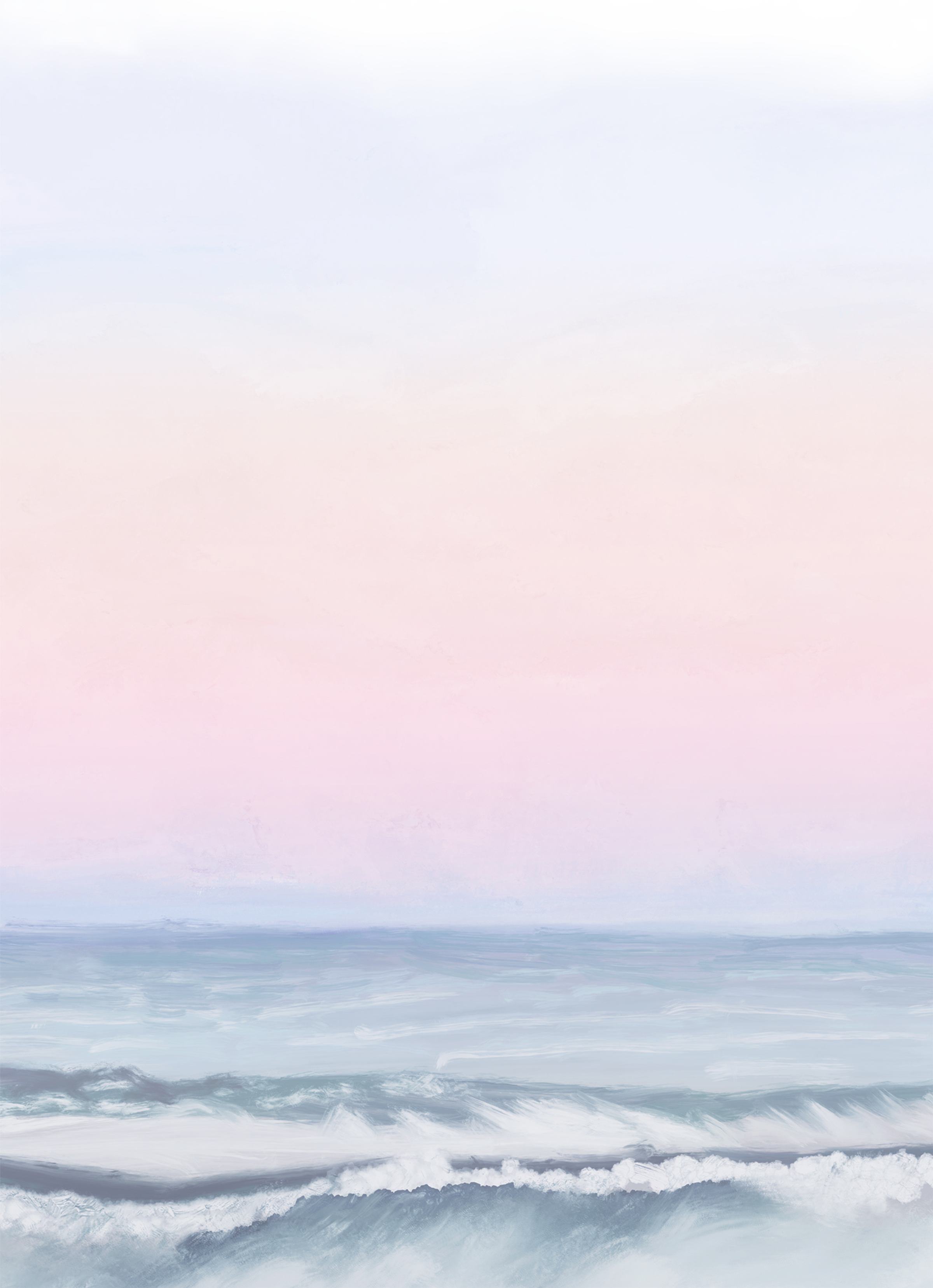
Things To Do
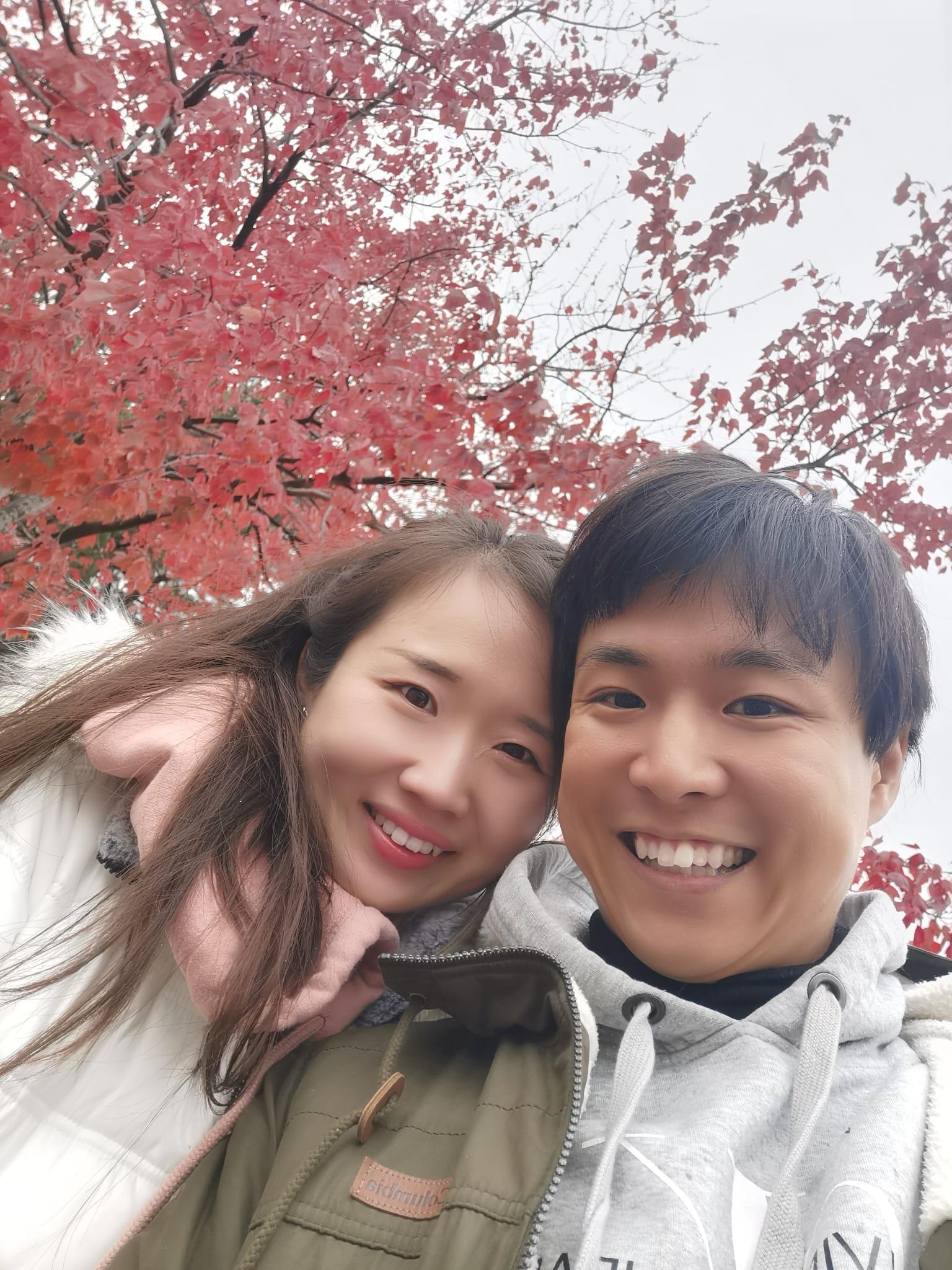
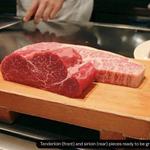
Kobe Beef : World famous local brand of wagyu meat
일본 고베에서 가장 유명한 고베 비프! 꼭 드셔보세요! Kobe Beef is a prized Japanese delicacy and probably the most widely-known regional specialty food in Japan. It is one of several breeds of Wagyu, or Japanese cattle, which are bred throughout the country and often associated with the area where they are raised. Kobe Beef is distinguished as a tender, flavorful meat that is well marbled with fat. It is produced from pedigreed Tajima breed cattle which were born and slaughtered in Hyogo Prefecture. Despite popular rumor, the cows are not usually fed beer or massaged with sake. Once slaughtered, the meat must pass a series of requirements and only the highest grades of meat with exceptionally high levels of fat marbling earn the Kobe Beef label, which is a strictly-guarded trademark.
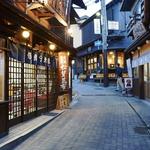
Arima Onsen Celebrated hot spring resort within the city
아리마 온천! With a history of over one thousand years, Arima Onsen is considered one of Japan's oldest hot spring resorts and has often stood at or near the top of onsen rankings for Western Japan. The town has two types of hot spring waters which spring up at various sources around town: the Kinsen ("gold water") is colored brown with iron deposits and is said to be good for skin ailments and muscle pain, while the clear Ginsen ("silver water") contains radium and carbonate and is said to cure various muscle and joint ailments. Visitors to Arima Onsen can enjoy hot spring bathing at two public bath houses or at the town's many ryokan. Several ryokan open their baths also to non-staying visitors during the day. The admission fee for a day trip visit to a bath typically ranges between 550 and 3000 yen.

Meriken Park Waterfront park with Kobe Tower and more
Meriken Park (メリケンパーク) is a nice waterfront park in Kobe's port area. Built on an outcropping of reclaimed land, the park is covered in grassy lawn and open courtyards dotted with a collection of modern art installations and fountains. It is home to some of the city's more iconic contemporary architecture such as the red Kobe Port Tower and the Kobe Maritime Museum. To the west of the Maritime Museum stands the Kobe Port Tower, a unique, red-painted steel structure, which has become a symbol of the port and the city. Built in 1963, the tower stands 108 meters tall and has five observation decks approximately 100 meters above ground. They include an open-air rooftop deck and a revolving cafe and bar.
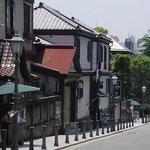
Kitano-cho Former residential area of foreign merchants
Kitano-cho (北野町, Kitanochō) is a city district at the foot of the Rokko mountain range where many foreign merchants and diplomats settled after the Port of Kobe was opened to foreign trade in the second half of the 19th century. More than a dozen of the former mansions, known as Ijinkan, remain in the area and are open to the public as museums. Most of the houses charge an admission fee between 550 to 750 yen, while combination tickets are available to see multiple houses. The entire district is pleasant to walk through and offers a variety of cafes, restaurants and boutiques, making it a favorite among young couples.
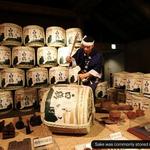
Nada Sake District Kobe’s Nada district is famous for sake
Kobe's Nada (灘) district is Japan's top sake producing region. It has long been famous for its sake due to the availability of high quality rice, suitable water, favorable weather conditions and its proximity to Kobe Port and Osaka. Many sake breweries operate in the Nada district, which stretches approximately three kilometers east to west. Some open stores and/or exhibition rooms to the public and allow guests to taste their sake. Some of them also maintain a museum about sake brewing.